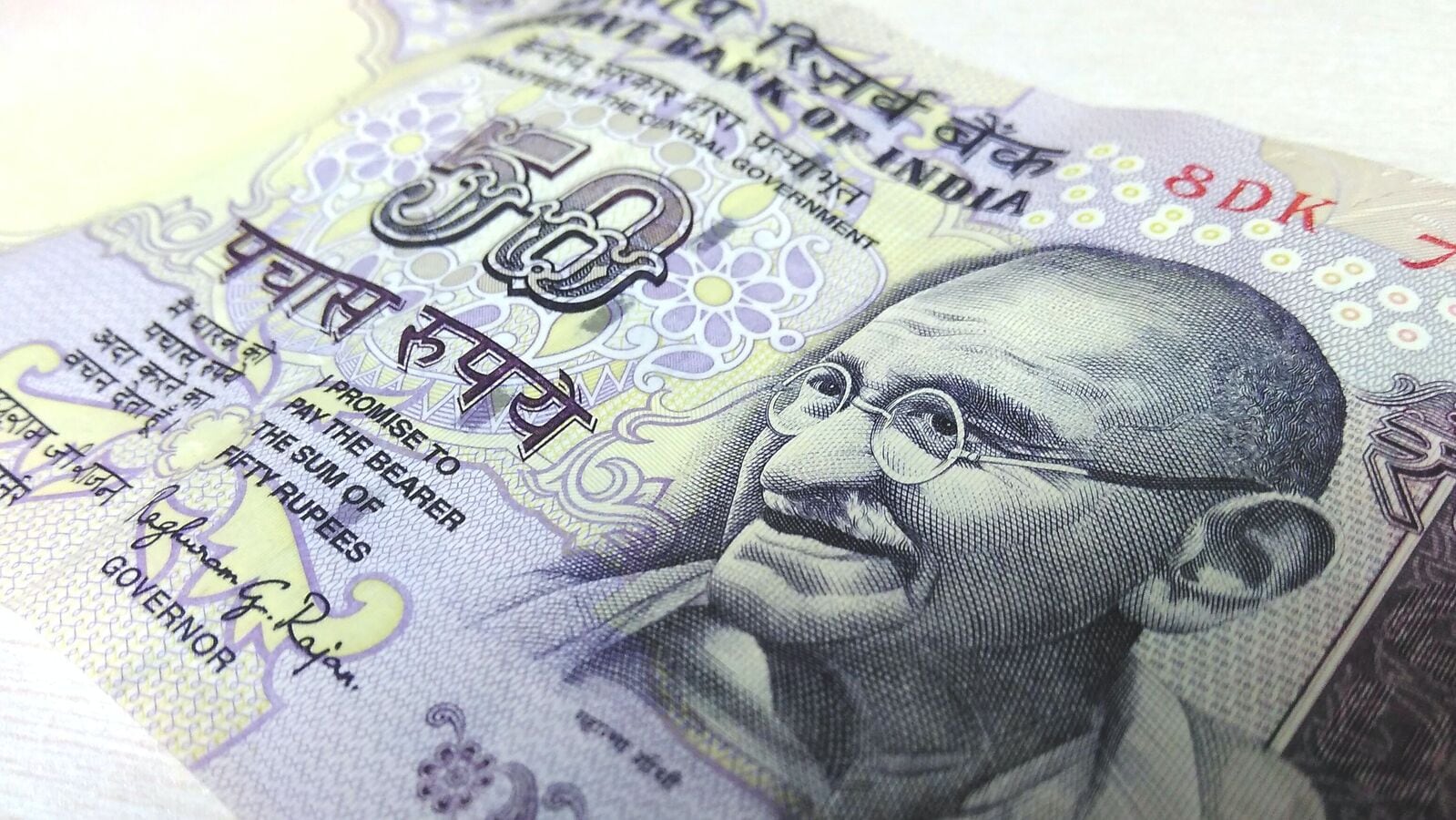They told Mint that the growing presence of voices on platforms such as Instagram and YouTube is fueling concerns over misinformation because legal interpretation can vary significantly without proper expertise.
“For users relying on information from influencers who may lack legal expertise, there is a risk of serious misunderstandings, especially in fields like law, health or finance. This can result in substantial costs and wasted time,” warns Saumya Brajmohan, a partner in the litigation and dispute resolution team of Mumbai-based Solomon & Co.
Unlike in the financial sector, where the market regulator has laid down guidelines for social media personalities doling out investment tips, there is no regulatory oversight for legal influencers who put out content without establishing their credentials or adding disclaimers. Experts said the generalisation and sensationalism that are common in influencer content can lead to harsh consequences.
“Potential repercussions include an increase in frivolous complaints, unnecessary litigation, and even crime due to misunderstandings,” noted Farida Dholkawala, a partner at Desai & Diwanji.
Ayush Agarwala, a partner at JSA Advocates and Solicitors, said, “There is always a risk of legally inaccurate information being shared, which could lead to legal missteps and financial exposure for those who follow such advice.”
Creating awareness
However, legal influencers contend that their goal is to increase awareness of legal rights in an accessible manner.
“The purpose of my content is to make the public aware of legal trends in simple terms,” explained Vikas Sharma, a New Delhi-based advocate with over 457,000 Instagram followers.
According to Sharma, social media is simply another avenue to spread legal knowledge. His Instagram page features postings on topics such as a grandfather’s property, blackmailing, a father’s custody rights and why one should not use violence against police officers.
“I’ve participated in panel discussions, TV debates and lectures, and social media is just an extension of that,” he said.
While the rise of legal influencers may have made legal information more accessible, experts warned that some influencers have shifted from education to offering unsolicited legal advice, which poses significant risks.
“One influencer I came across advised on how to get a patent for a brand name, which is entirely incorrect,” said Akshat Pande, managing partner at Alpha Partners in New Delhi.
According to Tushar Kumar, a lawyer in the Supreme Court, many legal influencers claim they can guarantee success in legal matters. Some promise easy wins in divorce cases, boasting about their ability to secure high alimony or achieve quick results in filing petitions in major courts.
Kumar pointed out that these influencers often misrepresent their qualifications and dramatise potential risks to scare clients into seeking their services.
Legal experts emphasise that influencers, not the users, bear the responsibility of establishing credibility as the average user often lacks the ability to verify legal credentials.
“It’s essential for influencers to display their qualifications, making it easier for viewers to trust their content,” advises Dholkawala of Desai & Diwanji.
“It is the influencer’s responsibility to inform the audience of their own credibility,” said Pande. “Their social media pages must display their credentials. Otherwise, it’s very difficult to verify.”
Aarushi Jain, partner and head of media, education and gaming at Cyril Amarchand Mangaldas, recommends that legal influencers adopt best practices, including adding disclaimers to inform viewers of potential limitations.
“Misinformation on these platforms can also be reported under the IT Act,” she noted.
Oversight shortcomings
The Bar Council of India (BCI), which oversees the legal profession, faces challenges in regulating non-lawyers who provide legal advice online. Unlike the Securities and Exchange Board of India, which has guidelines for financial influencers, the BCI lacks authority over non-lawyers, leaving a regulatory gap.
However, the council can act if advocates violate the BCI Rules of 1975, which prohibit them from soliciting work, both online and offline.
“A legal influencer sharing content on legal matters could face consequences under the BCI Rules if it amounts to indirect solicitation,” noted Brajmohan from Solomon & Co.
However, Pande of Alpha Partners clarified that purely educational content, without promoting services or contact information, generally complies with the rules.
“Legal awareness is meant to educate the general public about rights and principles without advising any specific action. However, when influencers—some dressed in robes as if they are lawyers—take incentives and say things like, ‘If you’re stopped by the police, here’s what you should do,’ it amounts to indirectly advertising themselves as experts,” said Sajan Poovayya, a senior advocate in the Supreme Court. “They’re presenting more than general information, which could mislead the public into thinking they are receiving proper legal counsel.”
Sajan added that if the trend of misleading legal information continues, the Bar Council may need to establish some regulations.
Without safeguards, the potential for misinformation on legal matters remains high.
“Legal influencers, especially non-lawyers, may create sensational narratives as a marketing strategy. Viewers should exercise caution and seek local legal counsel before acting on such advice,” said Nitish Banka, an advocate and founder of Lexspeak Legal, with 437,000 Instagram followers.
Banka noted that a law degree should be the basic qualification for any legal advisor but points out that non-lawyers fall outside the regulatory scope of the Bar Council, making oversight on social media challenging.
Amiya Swarup, marketing advisory leader at EY India, said the rise of legal influencers has made legal knowledge more accessible to the public but also brings the risks of oversimplifying complex laws. Social media content is typically brief and often lacks the nuanced understanding essential for accurate legal interpretation.
Swarup suggested that tools like the Advertising Agencies Association of India’s standards for advertising should be implemented to create responsible guidelines for legal content creators.









Leave a Reply